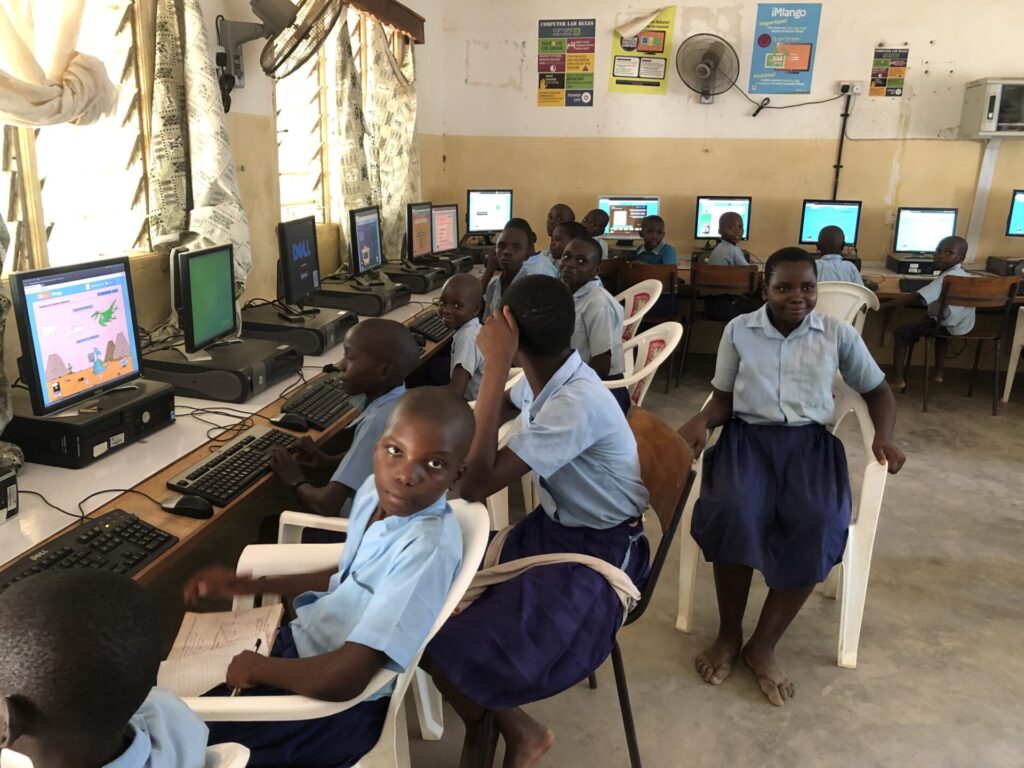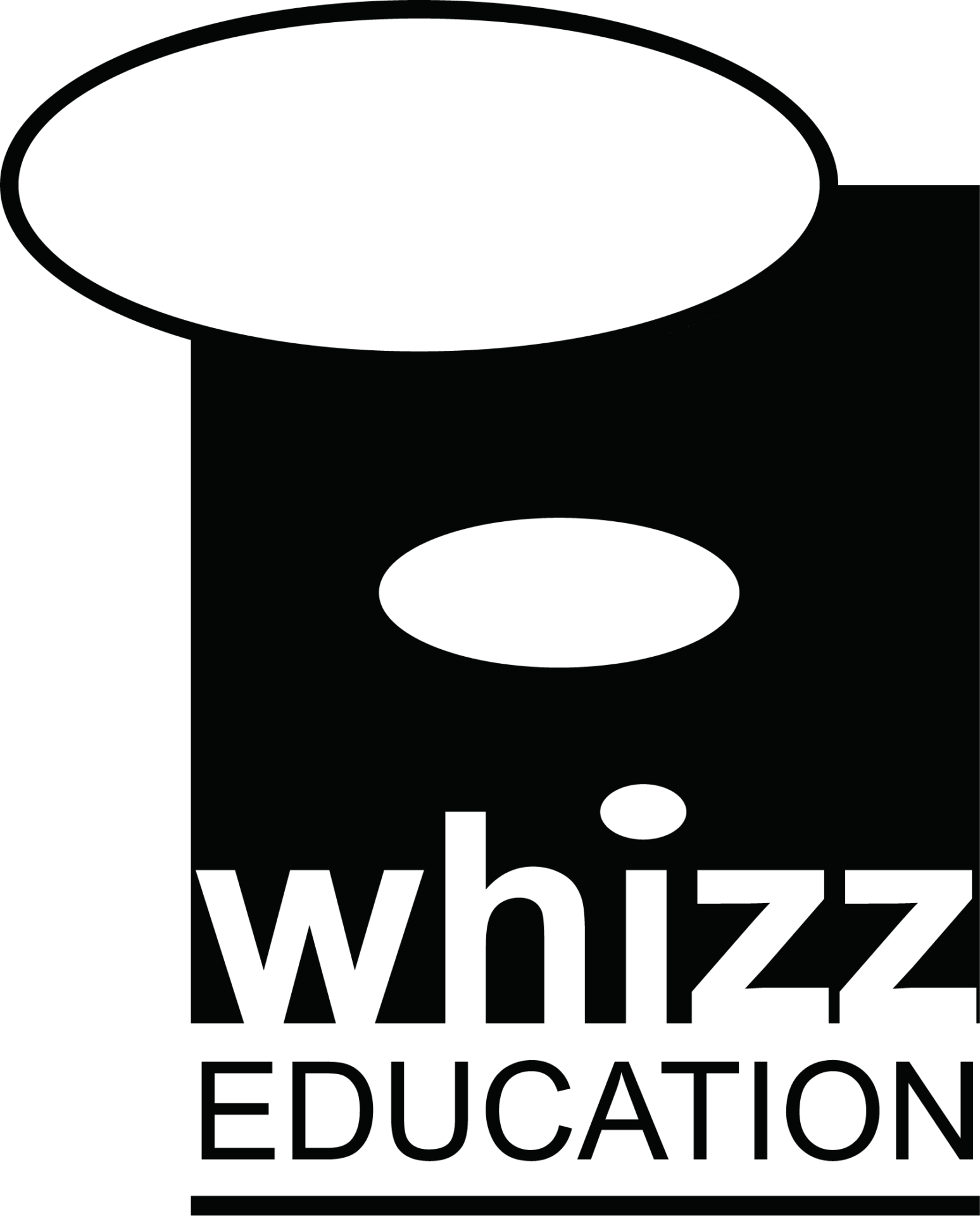Investment to Support High Learning Impact Programmes Around the World.
Whizz Education, the leader in adaptive learning technology and maths educational programs, has announced it has secured a new round of growth investment funding. The investment will be used for product development and expansion to benefit every student and school Whizz Education works with around the world, particularly being directed to support high learning impact programmes to recover learning.
Richard Marett, CEO, Whizz Education, confirms: “As an education partner dedicated to improving learning outcomes in maths in a viable, sustainable way, we are delighted to have secured significant additional funding from existing shareholders plus three new investors for the benefit of our students worldwide.”
Whizz Education proactively seeks out and has been involved in many projects in low-income settings to promote learning opportunities globally with the aim of enabling all children to gain access to the best education. Whizz Education has run large programs in many countries, including in Kenya, Thailand, the Democratic Republic of Congo, the rural States of Mexico and many western countries. Whizz Education’s work spans six continents, reaching 1.5 million students and thousands of teachers, and is 100% focused on improving quality education. The team’s expertise enables schools and students, including those in low resource complex settings, to achieve accelerated learning in maths.

Richard Marett continues: “We believe every child deserves a learning experience that caters to their individual needs and pace of learning, and we will now invest our support with the aim of rolling out high learning impact programmes on a national scale to help those countries in most need.
“We will also be investing in a new training experience to help teachers support every child, and new reporting tools linked to a global metric which is also relevant in local contexts.
“Our continued focus on ongoing enhancements results in increased rates of progress across all territories, meaning learning gains are not only sustainable but can also be improved over time as students continue to use the programme even in low resource settings.”
